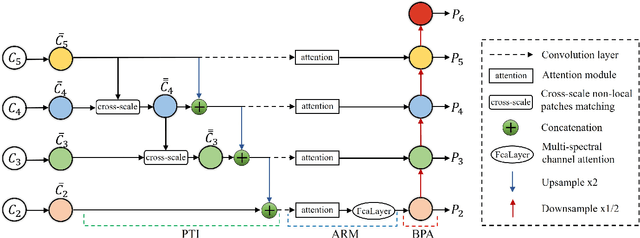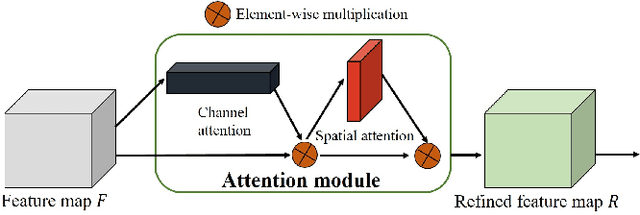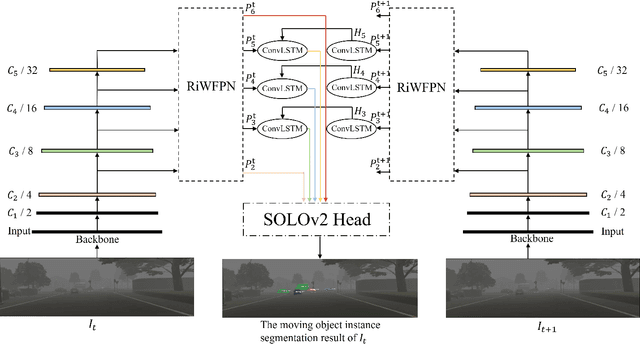RiWNet: A moving object instance segmentation Network being Robust in adverse Weather conditions
Paper and Code
Sep 04, 2021



Segmenting each moving object instance in a scene is essential for many applications. But like many other computer vision tasks, this task performs well in optimal weather, but then adverse weather tends to fail. To be robust in weather conditions, the usual way is to train network in data of given weather pattern or to fuse multiple sensors. We focus on a new possibility, that is, to improve its resilience to weather interference through the network's structural design. First, we propose a novel FPN structure called RiWFPN with a progressive top-down interaction and attention refinement module. RiWFPN can directly replace other FPN structures to improve the robustness of the network in non-optimal weather conditions. Then we extend SOLOV2 to capture temporal information in video to learn motion information, and propose a moving object instance segmentation network with RiWFPN called RiWNet. Finally, in order to verify the effect of moving instance segmentation in different weather disturbances, we propose a VKTTI-moving dataset which is a moving instance segmentation dataset based on the VKTTI dataset, taking into account different weather scenes such as rain, fog, sunset, morning as well as overcast. The experiment proves how RiWFPN improves the network's resilience to adverse weather effects compared to other FPN structures. We compare RiWNet to several other state-of-the-art methods in some challenging datasets, and RiWNet shows better performance especially under adverse weather conditions.
 Add to Chrome
Add to Chrome Add to Firefox
Add to Firefox Add to Edge
Add to Edge